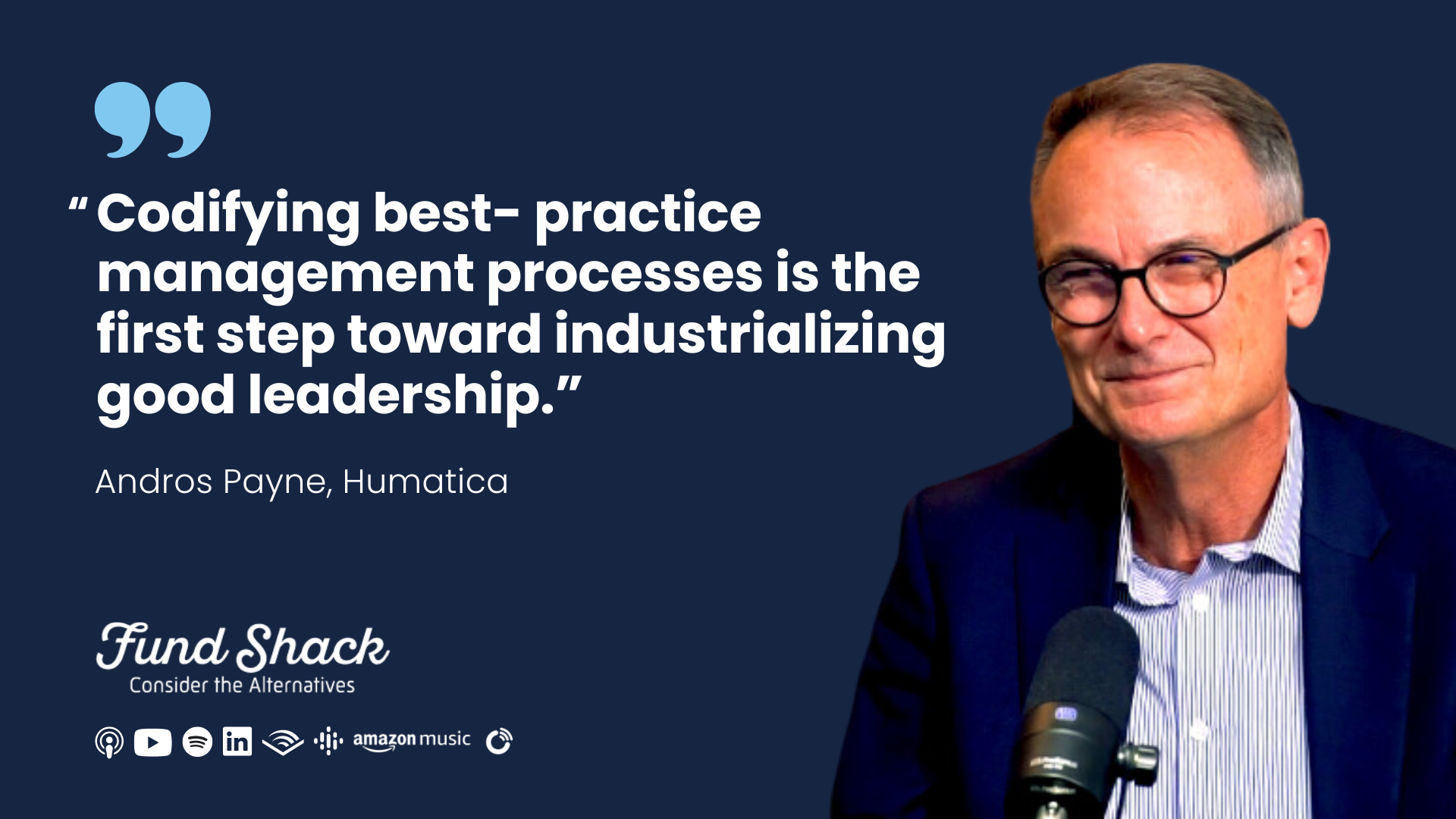
In today’s dynamic business landscape, private equity (PE) firms are increasingly searching for deals across a range of sectors and industries. Competition for investments is fierce in traditional sectors such as software and healthcare, where recurring revenue is high and demand stable. With a mountain of dry powder, there is still pressure to deploy capital and make deals even in these uncertain times. As a result, the scope of potential targets is widening to higher-risk sectors, such as professional services, and value-creation plans are becoming more ambitious to reach target exit multiples.
With increasing demands from investors and an uncertain macro environment, pressures on management teams, and CEOs in particular, are growing. Traditional managerial skills, including strategic thinking, commercial understanding, financial acumen, industry expertise, and communication are necessary but no longer sufficient. Successful executives are struggling in the current environment.
“We are finding that our executives that have been successful in the past 15 years are struggling now” – Deal Partner
Successful CEOs, Talent Operating Partners and Deal Partners at the 2023 PEI Human Capital conference shared three new competencies that make a good CEO great in the current PE-backed environment.
1. Coachable with a drive to learn. Taking the company to the next stage of the value growth journey means mastering new challenges. Portfolio companies must adapt to new trends, technologies, and market changes. A desire to learn enables a CEO to proactively address their development areas. Coachability allows the CEO to leverage the collective expertise and experience of boards and their PE sponsors. Without this openness, there’s a high risk of missing development opportunities and not being able to master the dynamic challenges of today’s market environment.
“Finding a CEO that is open to be coached, will take feedback, and has an intrinsic desire to learn is a requirement for any CEO we now work with.” – Talent Operating Partner
2. Independent but collaborative. Clearly, CEOs need to lead and make executive decisions. However, the old-school command and control approach will struggle in a rapidly changing environment. Senior execs should rather build diverse and high-performing teams, capable of collaborative decision-making. They also need to work closely with their investors and board. Well-designed Boards are built with complementary skill sets that support the CEO and management team. CEOs that fail to fully leverage the skills and competencies around them expose themselves and their organizations to higher risk.
“CEOs should effectively collaborate and leverage the extensive skills of their board to be more effective. They can in some cases feel like they are being assessed – if this happens, they may filter information.” – Talent Operating Partner
3. Empathetic. Emotional Intelligence has increased in importance due to the shifting priorities and expectations of consumers, employees, and investors in uncertain times. Empathy enables a great CEO to anticipate the needs of stakeholders and understand how to influence their behaviour without resorting to “command and control”. It also even helps to inform strategy by enabling the empathetic CEO to understand subtle customer needs and future preferences that drive customer satisfaction and NPS. Internally, empathy fosters a culture of mutual respect and inclusion that drives engagement and eNPS – especially critical in tough labour markets. Moreover, as ESG aspects increase in importance for investors and the general public, CEOs who demonstrate empathy and take responsibility for their company’s impact will earn public trust and loyalty.
“If you ask employees if something is wrong as the CEO, they may not tell you. You need to read between the lines and anticipate the needs of your employees. You cannot take these topics at face value.” – CEO of PE-backed portfolio
While these skills have been good assets to have in the past, they are essential to navigate the current dynamic business environment. With pressure to deploy capital and make deals in uncertain economic times, CEOs are expected to demonstrate empathy towards stakeholders, collaborate effectively with their management team, board and investors, and be open to learning and adapting to new challenges. These traits are critical in building a high-performing management team and driving business growth beyond that achievable with traditional management skills. As private equity continues its relentless search for new deals in more challenging situations, those CEOs who have the three important competencies for agility will thrive, while others find the going getting tougher.
Sources: 1) PEI Talent Operating Partner Forum, New York, March 2023, 2) Pitchbook

The fund landscape is changing faster than ever before, creating winners and losers in an increasingly competitive private equity ecosystem. Higher real interest rates are…
Read more
In the third episode of our Beyond Culture Series, we talk about industrializing best practice management processes. Link to Video 1:07 Register here to join our live…
Read more
There’s increasing focus on “culture” as an elusive driver of value growth. Creating a “high performance culture” has become the mantra for transforming buy-outs to…
Read more